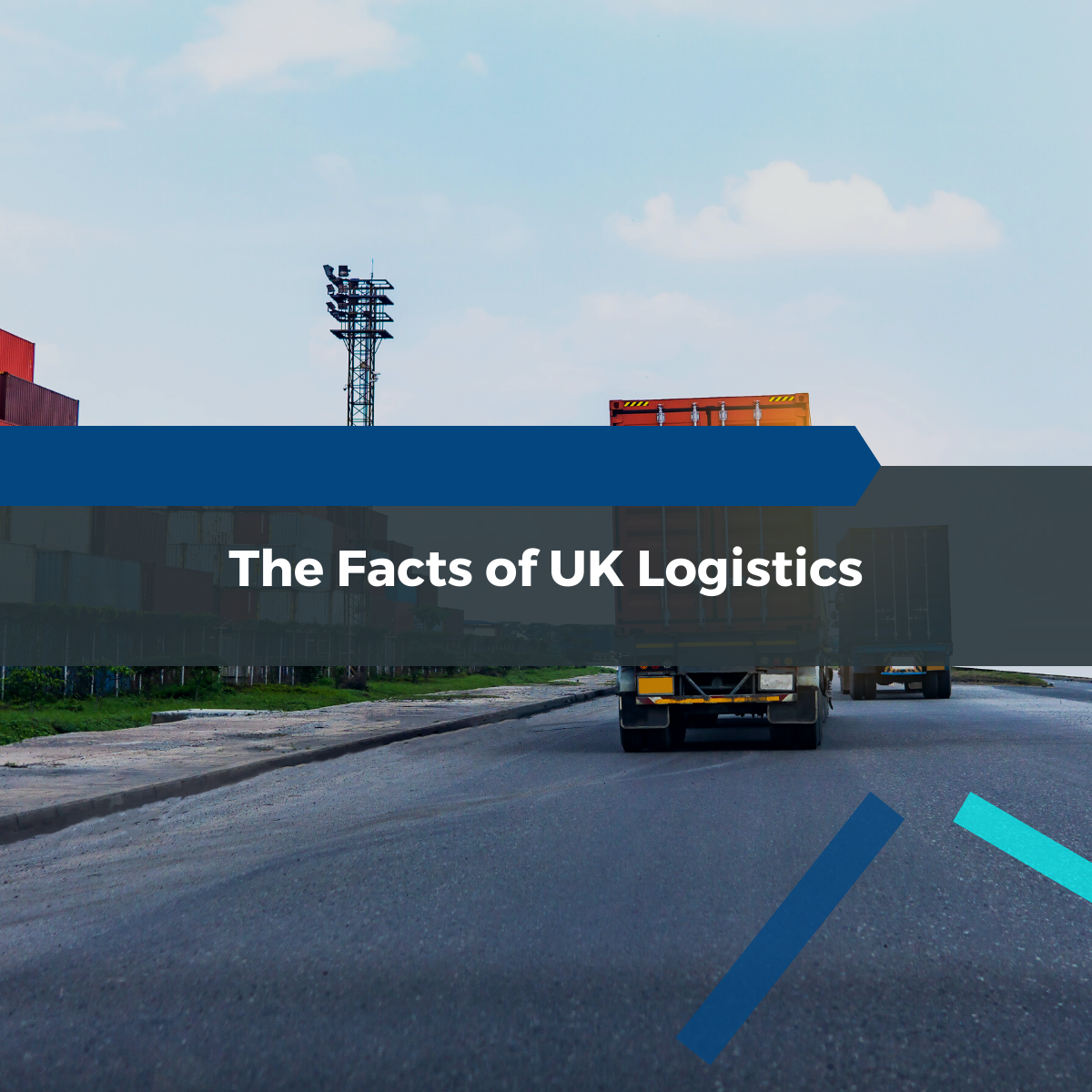From Source to Sizzle: The Intricate Web of Food Supply Chains.
The food miles behind your barbecue
Barbecue season is well and truly here, and as I was shopping for my ingredients the other day, I stopped to think about the intricate supply chains that bring these products to me here in London.
And it got me thinking, just how far did this food travel before reaching my grocery store?
That’s shallot of travel
Onions are one of our top travellers. While the Uk has the capability to grow onions, over 75% of them are actually imported due to the climate needed to farm them.
These vegetables embark on journeys from countries such as Egypt, the Netherlands, Spain, Chile and New Zealand. Astonishingly, a single onion can average 7,860 food miles before it reaches customers in the UK.
If my onion was sourced from New Zealand, it may have even travelled upwards of 12,000 miles to make it to my barbecue on time.

Travelling tomatoes
The tomatoes for my burgers are also well-travelled, they can originate from Morocco, the Netherlands, the UK, Spain, Italy, Belgium, or Israel.
On average, these tomatoes travelled 1,145 miles before finding their way to my plate.
Lettuce’s long haul
When it comes to lettuce, a refreshing addition to any barbecue, the UK heavily relies on imports.
Two-thirds of our lettuce is imported with the majority (over 80%) of imported lettuce in the UK coming from Spain.
Therefore the lettuce in our burgers journeyed an average distance of 1,286 miles.
From a sauce
As for my condiment of choice, tomato ketchup, it claimed the top spot on our list, thanks to its array of ingredients.
No Blue has calculated this one in the past finding the condiment embarks on a remarkable journey of over 18,800 miles before reaching us here in London.
The bottle is filled with tomatoes sourced from China, California, and Spain, covering an average distance of 3,864 miles. Sugar from Brazil adds another 5,496 miles, while spices from India contribute approximately 4,648 miles.

A beef expedition
Opting for British beef means it didn’t have to travel as far, so we can put the mileage at an estimate of 250, (but that doesn’t mean the supply chain was any less complex!).
Only a very small portion of beef in the UK is imported (12-13%) this is primarily due to our preferences for specific cuts of beef. As we tend to favour certain varieties, the surplus is exported, while a small portion is imported to meet demand.
Certifiably cheesy
My cheese, Red Tractor certified, is therefore traceable back to the British farms they come from.
Similar to British beef, the cheese we can estimate to have travelled around 250 miles to make it to our London barbecue.
The same goes for the pork sausages I selected, as it also carries the Red Tractor certification, indicating the UK origin.
Bread rolls dough-livered
Despite the bread rolls I chose keeping their country of origin a bit of a mystery, I decided to investigate the basic ingredients and their respective food mileage.
The wheat flour used in the rolls is primarily sourced from within the UK, with a small portion imported from France (15,000 tonnes per year) and Italy (20,000 tonnes per year). Thus, depending on the blend, the flour in our bread rolls may have travelled over 1,800 miles.
Import and export data on yeast was also a bit more elusive, but the one I found in my supermarket originated from Italy, so we can assume it added another approximate 1,500 miles to the journey.
The salt I found in the supermarket was British (250 miles) and the vegetable oil I came across was sourced from the Netherlands, covering a distance of approximately 325 miles.
All in all, the cumulative journey for these bread rolls amounts to an impressive estimate of over 3,875 miles.
In conclusion, supply chains are sizzling
Considering all these factors, it becomes clear that the food we enjoy at our barbecues have embarked on extraordinary journeys before gracing our plates.
The ingredients at my barbecue alone travelled upwards of an impressive 33,700 miles through many different supply chains (and that doesn’t even account for duplicate products i.e. me buying 2 onions!).
The intricate supply chains spanning thousands of miles seamlessly connect producers, manufacturers, suppliers and consumers, bringing us a rich variety of flavours from around the world.
So, the next time you enjoy a sizzling barbecue, take a moment to appreciate the fascinating supply chains that make it all possible.































